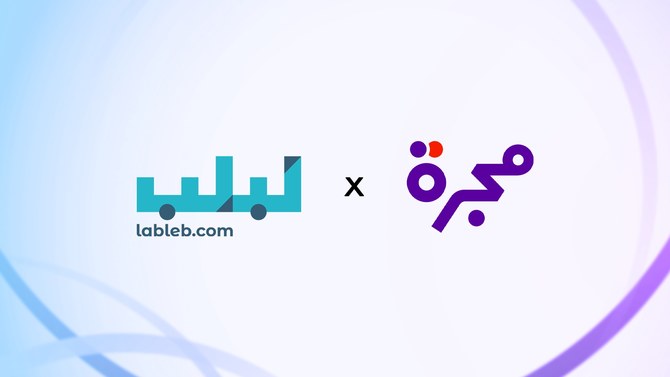DUBAI: Arabic digital content provider Majarra has announced the acquisition of Lableb, an Arabic language artificial intelligence solutions startup.
The transaction makes Majarra the majority owner of Lableb, enabling a more complete integration of the two entities.
It also aligns with Majarra’s vision to enhance the utility of Arabic online through reliable content, advanced user experiences, and Arabic language technologies.
Lableb’s AI and neuro-linguistic programming technologies power content discovery and personalization software products, including enterprise search and recommendation engines.
The startup’s solutions have been embraced by a diverse clientele, including online stores, government platforms, news websites, and enterprise software providers, where nuanced and accurate Arabic language processing is crucial for success.
Lableb has previously collaborated closely with Microsoft and AWS, in addition to leading e-commerce platforms, including Zid, Salla, and Shopify, and content management system software providers like NVSSoft.
As one of Lableb’s earliest clients, Majarra has firsthand experience of Lableb’s Arabic technologies.
Manhom.com, which is powered by Lableb’s named entity recognition technologies, has become the region’s premier Arabic source for professional information.
Lableb’s innovations have also driven search and content discovery across all Majarra platforms, including the flagship Majarra app.
Lableb will maintain its operational independence under Majarra’s ownership, focusing on addressing the unique challenges machines face with Arabic language processing.
The language’s rich morphology, diverse dialects, complex syntactic structure, and context-dependent meanings have long posed significant hurdles for machine understanding and processing.
Abdulsalam Haykal, Majarra’s executive chairman, and CEO Ammar Haykal said: “Majarra and Lableb share a common foundation and vision.
“Kinda’s (Lableb’s CEO Kinda Altarbouch) leadership and the team’s unwavering commitment to the transformative power of Arabic AI/NLP for regional businesses have consistently delivered exceptional product quality.
“Through Lableb, we see immense potential in bringing real-life applications to large language models, some of which have emerged from our region.”
Altarbouch, who is also Lableb’s co-founder, said: “Joining Majarra marks an exciting new chapter for Lableb. Our shared vision of advancing Arabic AI and NLP will drive innovation and deliver significant value to online businesses and their customers.
“Lableb’s tools are robust, ready to deploy, and capable of handling millions of queries weekly.”
Marcus Brauchli, the managing director of North Base Media, said: “This acquisition is timely and demonstrates Majarra’s agility in responding to market evolution.
“By incorporating AI products into its portfolio, Majarra adds a crucial technology dimension to its offerings. While LLMs are transformative, their true potential can only be realized through AI agents like those Lableb provides.”





























